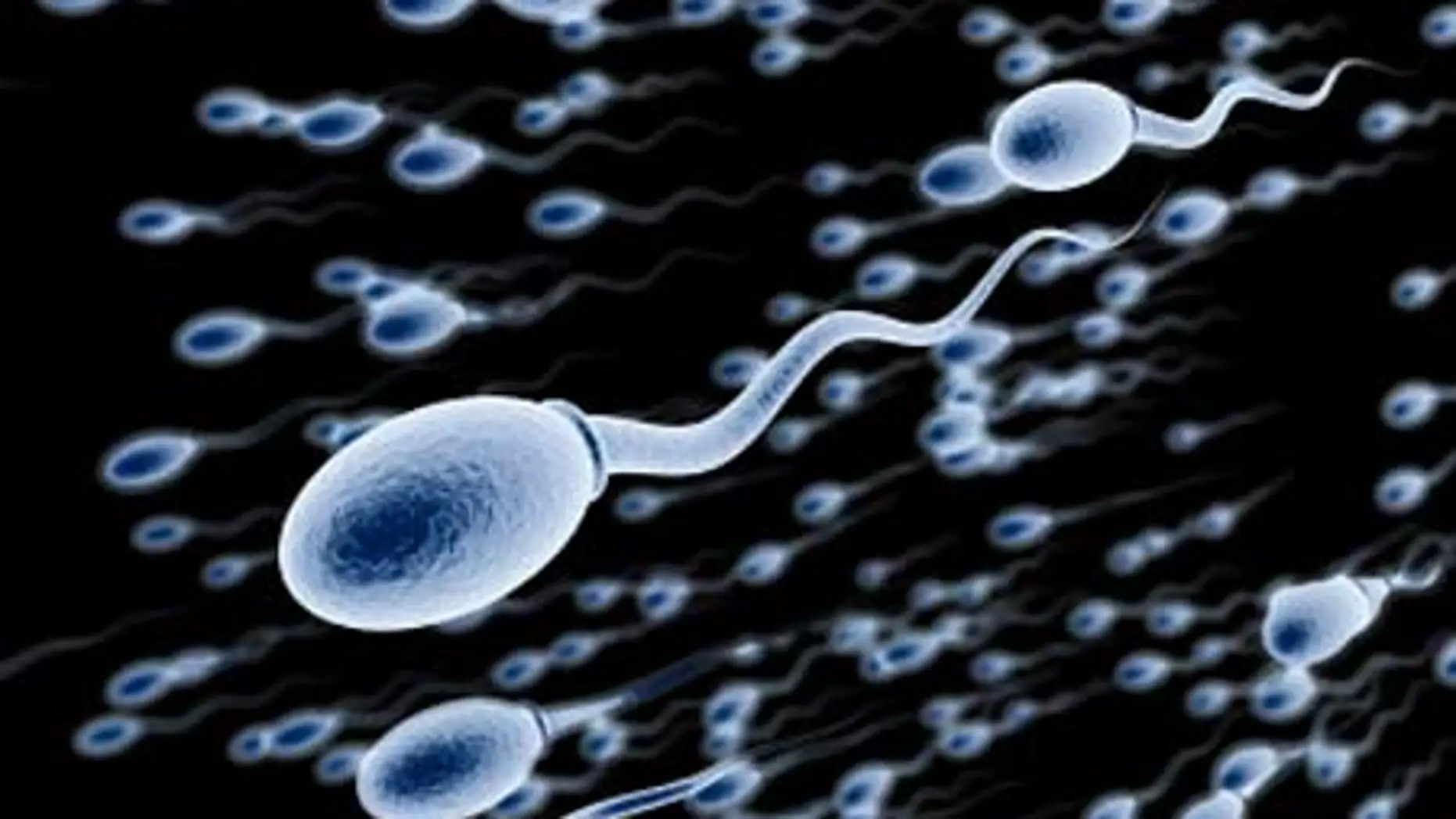When it comes to trying to conceive, just as much emphasis should be placed on optimising sperm health and it should on improving egg quality. We know that it takes 3 months to improve sperm health through diet, so it’s important to make dietary changes at least 3 months prior to trying to conceive. Let’s look at 5 key dietary changes to incorporate for healthy swimmers!
- Enjoy oily fish 2-3 times per week
Oily fish including salmon, mackerel, sardines and trout are the best source of omega-3 fatty acids. Omega-3’s fatty hold powerful anti-inflammatory properties, which is important for sperm health. Research has found that dietary intake and supplementation of omega 3’s has been linked with improvements in sperm count, motility (movement), concentration and morphology (shape). Oily fish are also a source of Coenzyme Q10 which plays a role in protecting sperm from oxidative damage. Don’t like seafood or don’t consume animal products? It’s important to consider a fish oil or algae oil supplement. Discuss brands and dosages with your dietitian.
2. Limit alcohol intake
Alcohol consumption has been found to negatively impact sperm health by reducing sperm volume and morphology. It’s ideally to limit alcohol as much as possible when trying to conceive. Enjoy alcohol-free alternatives such as alcohol-free beers and wines, infused mineral water or soda water with fruit and fresh mint.
3. Enjoy 2 brazil nuts a day
Selenium is an incredibly important nutrient for sperm health due to it’s role in spermatogenesis (maturation process of male germ cells). Supplementation of selenium has also been associated with improved concentration, motility and normal shape. Brazil nuts are one of the richest food sources of selenium, with 2 nuts a day providing 100% of selenium requirements. Enjoy them as is, chop and sprinkle on fruit and yoghurt, or add to a smoothie.
4. Follow a mediterranean-style diet
The mediterranean diet has been positively associated with improvements in both sperm count and motility. Key components of a mediterranean diet include plenty of extra virgin olive oil, legumes, wholegrains, fruits, vegetables, herbs, seafood, nuts and seeds with minimal intake of ultra-processed foods and small intakes of red meat. See our recent article on how to follow a mediterranean dietary pattern here.
5. Limit processed meat
Processed meats such as bacon, salami, sausages, devon and ham have been negatively associated with impacts on sperm count, motility and morphology. Prioritise intake of unprocessed meats and alternatives such as chicken, fish, lean beef and lamb, tofu, legumes and eggs.
Wanting to find out more about how you can improve sperm health with nutrition and supplements? Book in for a consultation here.
Written by Amanda Smith, Accredited Practising Dietitian, Certified Fertility and Prenatal Dietitian
References
Salas-Huetos A, Rosique-Esteban N, Becerra-Tomás N, Vizmanos B, Bulló M, Salas-Salvadó J. The effect of nutrients and dietary supplements on sperm quality parameters: a systematic review and meta-analysis of randomized clinical trials. Advances in Nutrition. 2018 Nov 1;9(6):833-48.
Karayiannis D, Kontogianni MD, Mendorou C, Douka L, Mastrominas M, Yiannakouris N. Association between adherence to the Mediterranean diet and semen quality parameters in male partners of couples attempting fertility. Human reproduction. 2017 Jan 1;32(1):215-22.
Raad G, Hazzouri M, Bottini S, Trabucchi M, Azoury J, Grandjean V. Paternal obesity: how bad is it for sperm quality and progeny health?. Basic and clinical andrology. 2017 Dec;27(1):1-2.
Mendiola J, Torres-Cantero AM, Moreno-Grau JM, Ten J, Roca M, Moreno-Grau S, Bernabeu R. Food intake and its relationship with semen quality: a case-control study. Fertility and sterility. 2009 Mar 1;91(3):812-8.

